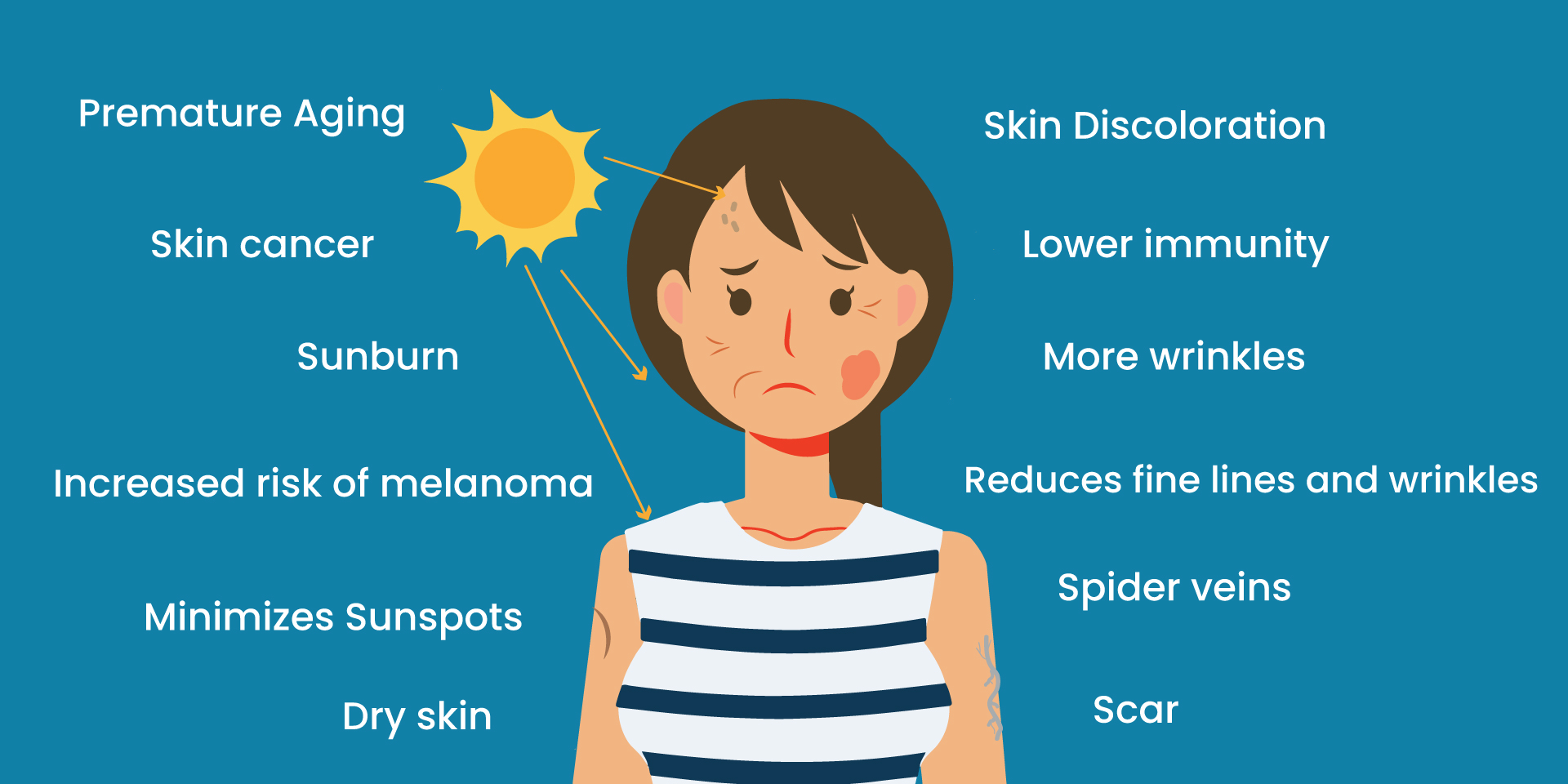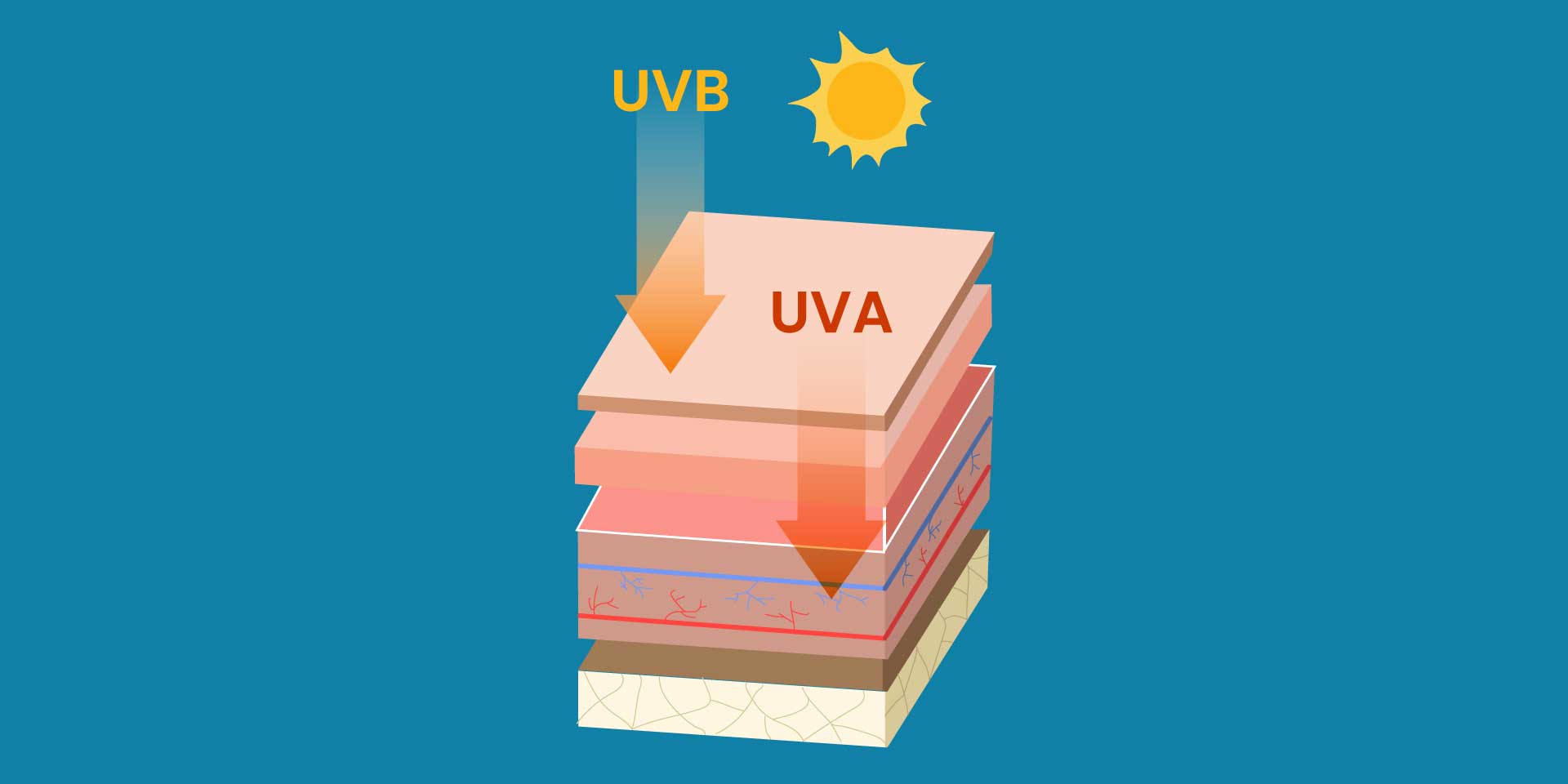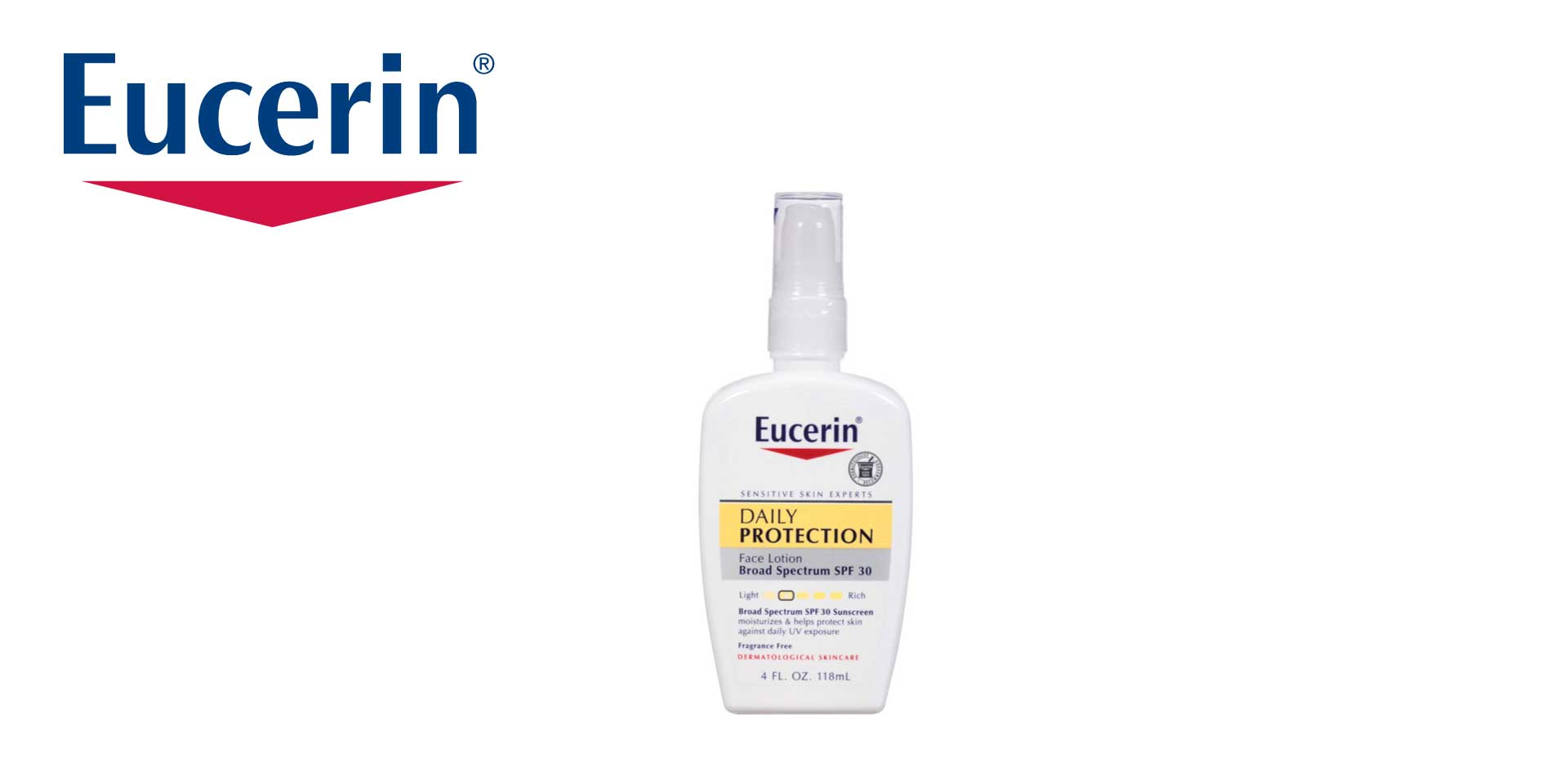How to Choose the Best Sunscreens in 2024
Sunscreens are a non-negotiable part of skin care. Don’t make anyone make you believe otherwise.
Recently, some influencers with large numbers of followers across different social media platforms have circulated dangerously incorrect sunscreen myths, convincing Canadians to skip sunscreen. The reasoning is that it harms the skin and causes cancer and other diseases while prohibiting vitamin D absorption from the Sun. We assure you it is quite the contrary.
Trusting people other than doctors and/or dermatologists regarding skin-related concerns is not the smartest thing to do, especially when spewing such misinformation has no degree in the related field but somehow influences several people significantly to swing their opinions in a particular direction.
This situation caused such a stir that the Ontario officials had to intervene and request that people not follow such unprofessional advice. Read here:ICI Radio Canada
Every dermatologist will vouch for sunscreens, especially during intense heat and increasing temperatures. And for good reasons. You can avoid premature aging, skin cancer or melanoma.
If you were to do a simple Google search to see the effects of not using sunscreen regularly, especially during the Summer, you would know how much damage that causes.
To put things into perspective, here is a list of the damaging effects on your skin when you skip sunscreen.

- Premature Aging
- Skin cancer
- Sunburn
- Dry skin
- Minimizes Sunspots
- Reduces fine lines and wrinkles
- Increased risk of melanoma
- Skin Discoloration
- Lower immunity
- More wrinkles
- Scar
- Spider veins
Sunscreen helps protect your skin by filtering the damaging UV (ultraviolet) rays and reflecting them without absorbing them into your skin.
These sunscreens often leave a white cast or greasy shine, which is a primary reason people avoid them. Still, more companies are developing innovative formulas and valuable packages that make them less noticeable.
Now, we have formulas with minerals like zinc and roll-on sunscreens for easy on-the-go application. So, what's stopping you from saving your skin?
With countless brands and formulations, picking the ideal sunscreen can seem overwhelming. Here’s how to choose the best sunscreens that cater to your skin’s needs:
Understand the Spectrum of Protection

When choosing a sunscreen, you should purchase one with broad-spectrum coverage. You need protection from two types of UV rays: UVA and UVB. UVA rays penetrate the skin and are primarily responsible for aging, while UVB rays cause sunburn. A broad-spectrum sunscreen protects against both types of rays. Ensure that the product you choose mentions broad-spectrum protection on its label.
Know Your SPF
We are well aware of the term SPF, but do we know what it means? Sun Protection Factor (SPF) measures how well a sunscreen protects skin from UVB rays. Experts recommend sunscreen with at least SPF 30, which blocks approximately 97% of UVB rays. Higher SPFs are available, but they offer marginally more protection. Focus more on proper and frequent application. Reapply your sunscreen after every 2 hours for adequate protection.
Check for Water Resistance
If you plan on swimming or expect to sweat, you should opt for water-resistant sunscreens. Note that no sunscreen is entirely waterproof or sweatproof. The label should indicate whether it can resist water for 40 or 80 minutes, after which reapplication is necessary.
Consider Your Skin Type
Your skin type is a crucial factor in choosing the right sunscreen. People with oily or acne-prone skin may prefer water-based or gel-based sunscreens that won’t clog pores. Those with dry skin might benefit from sunscreens with moisturizing ingredients. There are also formulations for sensitive skin free of irritants like fragrances and parabens. Choose wisely.
Look for Key Ingredients
Opt for sunscreens with active ingredients such as zinc oxide or titanium dioxide for physical protection or avobenzone and octocrylene for chemical protection. Traditional chemical sunscreens absorb UV radiation and release it as heat, while physical (or mineral) sunscreens reflect UV rays away from the skin.Brand Reputation and Reviews
Research brands for their commitment to quality and safety standards. Readily available user reviews and dermatologist recommendations can provide insights into the efficacy and safety of various products.Two authentic best-selling sunscreens at GenCBeauty
Eucerin

The Eucerin Daily Protection Face Lotion and Sunscreen Broad Spectrum SPF 30 is a gentle, lightweight formula with UVA/UVB sunscreens, including zinc oxide and titanium dioxide, that help defend against sunburn and long-term sun damage. Its fast-absorbing, non-greasy formula deeply moisturizes for 24 hours, leaving the skin feeling soft, supple, radiant, and healthy.
EltaMD

The EltaMD UV Clear Tinted Broad-Spectrum SPF 46 is a lightweight, oil-free sunscreen that protects against UVA and UVB rays. This sunscreen is specially formulated for individuals with sensitive or acne-prone skin. The tinted formula provides a natural-looking coverage that helps to even out skin tone and conceal blemishes. It contains niacinamide (vitamin B3), hyaluronic acid, and lactic acid, which work together to improve the overall health and appearance of the skin. This sunscreen is free from harmful chemicals and is easy to apply, leaving the skin feeling soft and smooth.
Choosing the right sunscreen is more important than ever. Enjoy the sun safely, knowing your skin is well cared for.



